I May Destroy You has broken through and made an impact with its diverse approach to sexual consent. The overwhelming appeal of the HBO-BBC One original series lies in its carefully nuanced point of view on both the emotional side, including post-traumatic shock, and in the characterisation of assault and crime. The experience of sexuality in our time has rarely been depicted with such tact and rawness as in the series created, written, produced, starring and co-directed by the prodigy that is Michaela Coel.
The evolution from characters that took the 80s and 90s by storm, such as Tracey Ullman or Roseanne Barr, through the Manhattanites captained by Sarah Jessica Parker and more recently by Lena Dunham’s Girls, reveals that women who speak loud and clear from screens and stages have successfully conveyed their discourse, especially if they do so on the back of the laughter or the acquiescent smile of the audience.
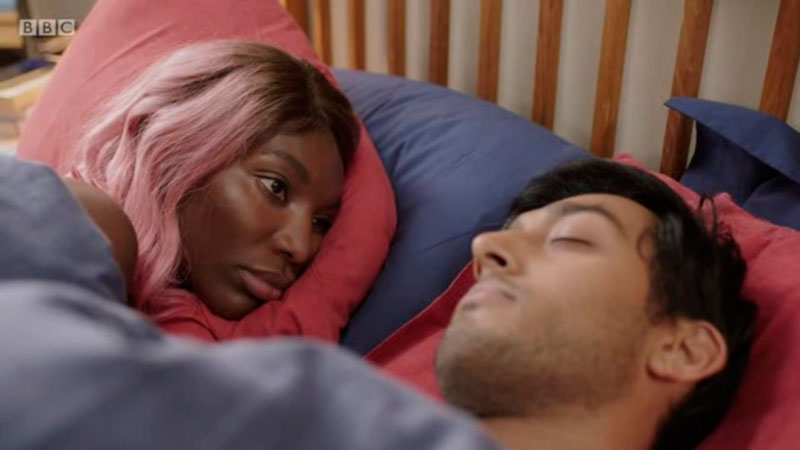
One of the distinctive features of the new generation of feminist audiovisual creators is their more refined reflection, to a greater or lesser degree depending on their styles and pretensions, built on the achievements of their predecessors. The questions of gender, sexual identity and the relationships of love, sex, friendship, are played out on familiar ground, they are a pure extension of their tribulations on other levels, where a learning process is expressed, the fruit of constant trial and error, of introspection and self-criticism, which makes the most of personal crises, almost always rooted in a learned weak self-esteem.
“Before I was raped I never paid attention to the issue of being a woman. I was too busy being black and poor.”
The identification with the small domestic dramas or the big, minimised issues, hidden in the folds of the everyday, assumed and accepted, which for the first time we saw narrated with boldness and without inhibition, have fertilised a terrain that has been expanding inversely to the dwindling limits of tolerance in developed societies. Moreover, the perspective has acquired unusual potency through the application of a fundamental contribution to progress in our century: nuance, emotional awareness and the annihilation of stigma.
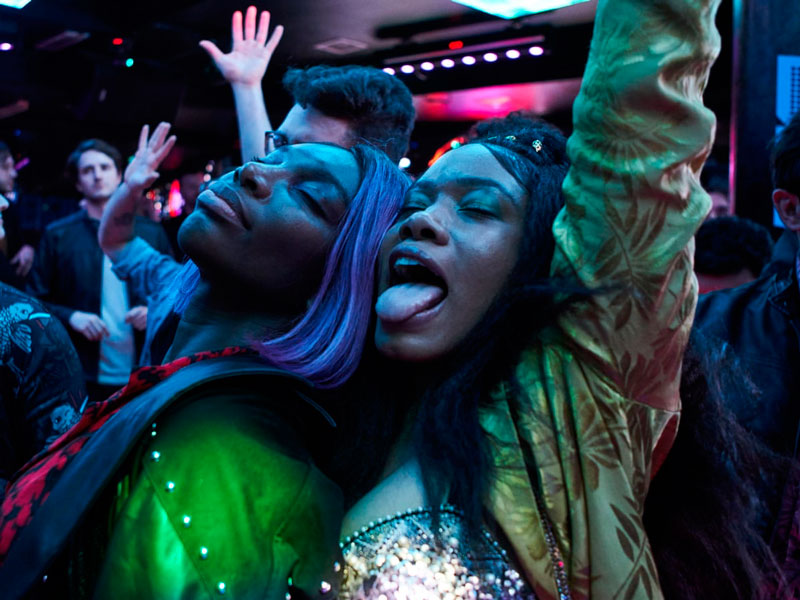
The nearly two hundred drafts Michaela Coel wrote to shape I May Destroy You have not been in vain. Surfacing in multiple situations, none of them orthodox according to the conventional canons of “romantic” fiction, the questions hardly have a clear, straightforward answer. Driven by instinct and belief, the sparkling Arabella approaches the encounters either with an enthusiasm that sometimes seems naïve, or as a routine of dubious satisfaction, but over the course of the twelve thirty-minute chapters we will see her evolve, digest, heal and convey that it is in the nuances where the harmony and fuel of resilience lies.
Through both the protagonist’s loyalties and transgressions, involving her companions Terry (Weruche Opia), Kwame (Paapa Essiedu) and antagonists Biagio (Marouane Zotti), Simon (Aml Ameen), Zain (Karan Gill), the inner scars and the courage to actualise them become visible, with a courage that tears her open.

Arabella/Michaela’s rapturous personality, aware of her talent, with a perennial, almost insulting smile, sometimes blurring into a forced grimace that holds back a sob, offers a fresh and meaningful contrast through her sweetness, her husky, whispering voice, a face with powerful, expressive features, a numismatic profile and a hyperbolic gaze. Far from the embarrassing (and brilliant) comic insolence of a Phoebe Waller-Bridge, Coel’s character is light years away from hypocritical awkwardness and the need to fit into an anachronistic society, because she creates her own rules.
The codes coined by I May Destroy You are born of the constant exercise of polishing, colliding, observing (herself), but above all of loving, and this is an obvious gap with her predecessors and contemporaries. Self-esteem, loyalty, forgiveness are the aces of a vindictive and free love, above all for oneself.
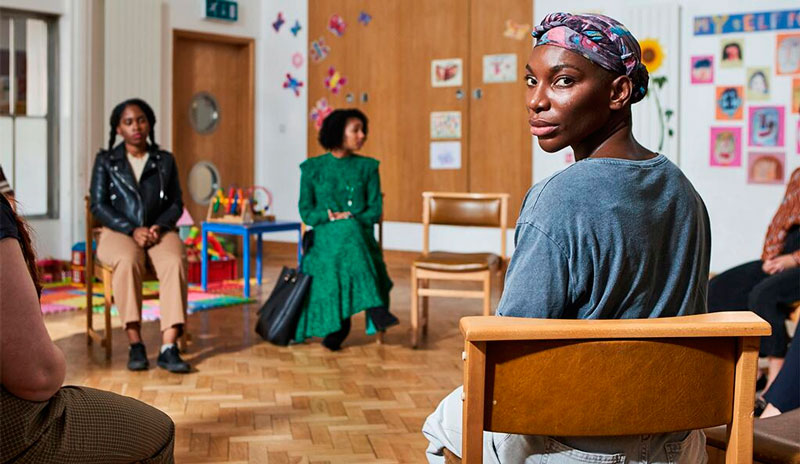
Certainly, the series addresses as its main theme the reflection on consent and its limits, but it does so by rabidly contextualising its nature in a choral present. The different scenarios in which we show ourselves socially, where we are pressured and defined, the virtuality of social networks with their false presentism, the fickle celebrity, virality as a trigger for opportunities, determine a particular reality, mapped by unstable and ephemeral codes. One of the successes of the new rules of the game is to surreptitiously and effectively overlap the social and the commercial, reconfiguring the old profession of selling, disguising the commodification of talent, as well as posturing and exhibition, blurring the boundaries, as described in the chapter “Happy Animals”.
The professional framework in which Arabella, a writer who has achieved fame with her first online work and faces procastrination and blockage in the face of her confirmation as an author, unfolds is not accidental; on the contrary, this is a familiar scenario for the creator of I May Destroy You. Michaela-Moses Ewuraba O Boakye-Collinson’s career has been a glittering one, the actress, screenwriter, poet and singer-songwriter (London, 1987) of Ghanaian descent won a BAFTA for Best Female Comedy Performer in 2016, as well as the Breakthrough Talent for the TV show Chewing Gum, based on her own play Chewing Gum Dreams, she has appeared in the third season of Black Mirror and in the series Black Earth Rising, where she played a survivor of the Rwandan genocide, alongside John Goodman. So, with all due respect, she is no stranger to the glare of early fame and the giddiness of expectation.
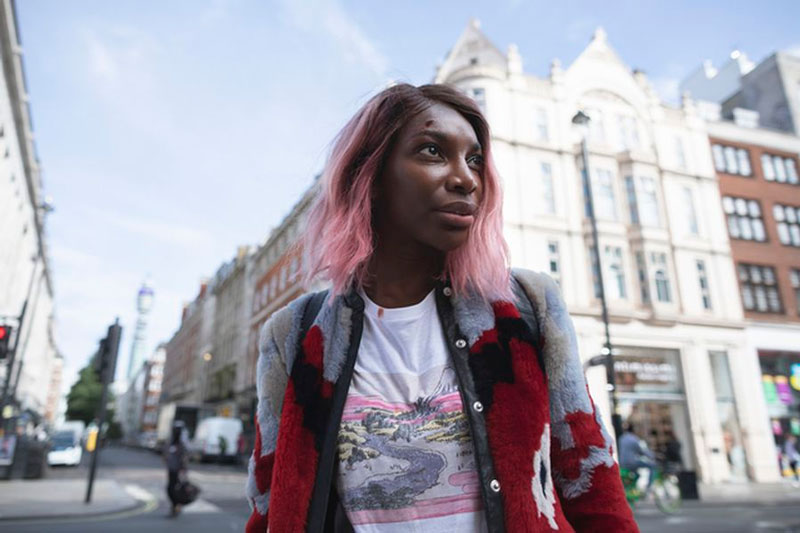
Nor is there any lack of reflection on the authenticity of social relationships, the consistency of natural (friends and family) or sought-after support groups (excellent the note on the group dynamics of the old school friend in the episode “The Alliance”), as well as the uninhibited speculation on the relevance of drugs in our lives or the influence of racial prejudice in all spheres, which is also reflected in the same episode.
However, it is the tolerance of sexual aggression, starting with its invisibilisation, that is the first concern of the charismatic creator, who describes several scenarios of unidentified abuse. Setting limits implies as a first step the recognition of what is not tolerable, which is precisely what is most difficult. Unconscious subordination, unreflective acceptance based on assertiveness that is spoiled by factors such as social pressure, makes us hostage to those who get into our bed without violence, but also without empathy.
As Alexandra Brodsky has argued in her revealing essay “Rape-Adjacent: Imagining Legal Responses to Nonconsensual Condom Removal” (Columbia Journal of Gender and Law), more emphasis is now placed on lack of consent, rather than force, to distinguish between sexual intercourse and rape. Michaela Coel uses the practice of stealthing (removing a condom without the sexual partner’s knowledge or consent) to indicate that, from a modern perspective, we are redefining rape.
The escalation in the levels of aggression Arabella suffers is significant, seemingly from more to less, but the gradation is also nuanced. Just as the expressions of toxic masculinity can in some circumstances be confusing or blocking, especially when the line of sexual intimacy has already been crossed, the perception of the harm suffered can also be disconcerting and in some cases, like hers, the epiphany comes in the most casual way (episode “It Just Came Up”).
And as for the consequences for the perpetrator? I Could Destroy You also addresses the increasingly widespread culture of cancellation or boycott, social estrangement and public reprobation of anyone who behaves or expresses opinions in a way that is considered unacceptable, according to the standards of ethics and human rights, for discriminating or defending opinions that are contrary to science. Consistent with its argument, this is not resolved in black and white either, but with all the nuances of the fiercest realism.
The narrative structure of the series is impeccable, the ellipses and flashbacks dynamise and contribute with balance and strength, without underestimating the viewer, dosing the story and its ingredients to take us to an ending whose title is a monumental colophon: “Ego Death”. Michaela Coel’s insight, her subtlety, in short, her talent, make it an understatement to call it the series of the summer for I Could Destroy You, a series that has already acquired the status of a benchmark.

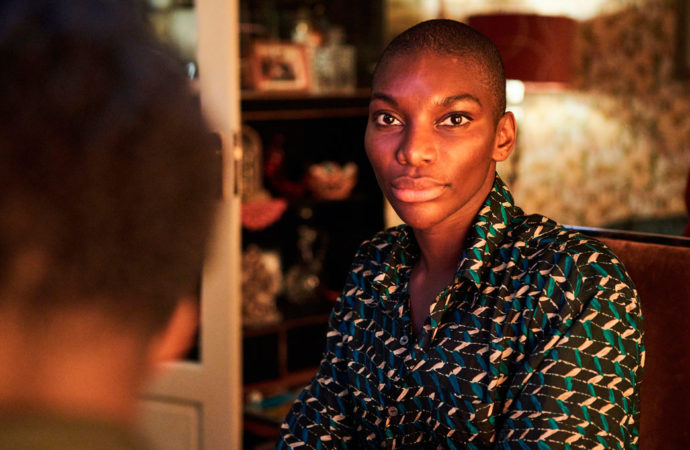


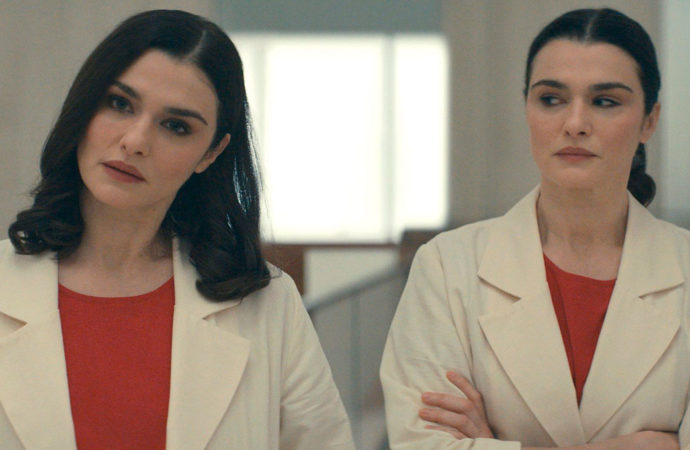

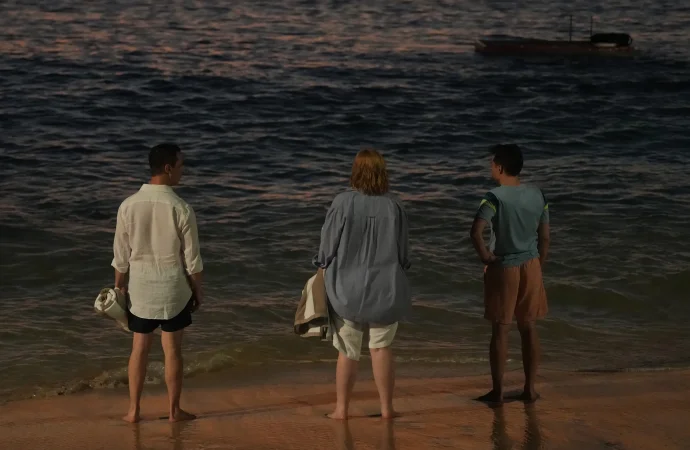
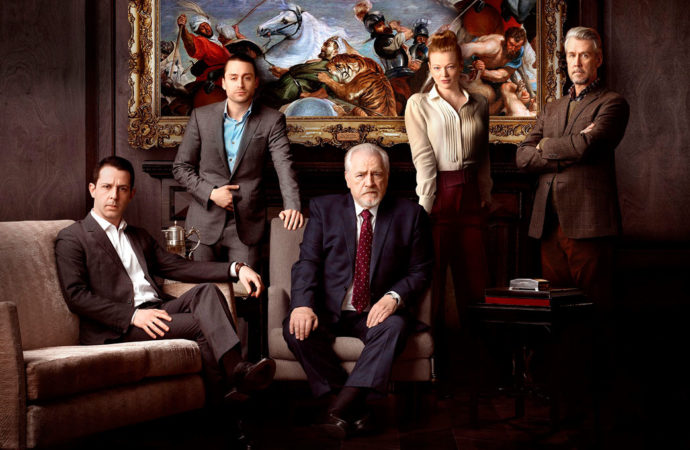
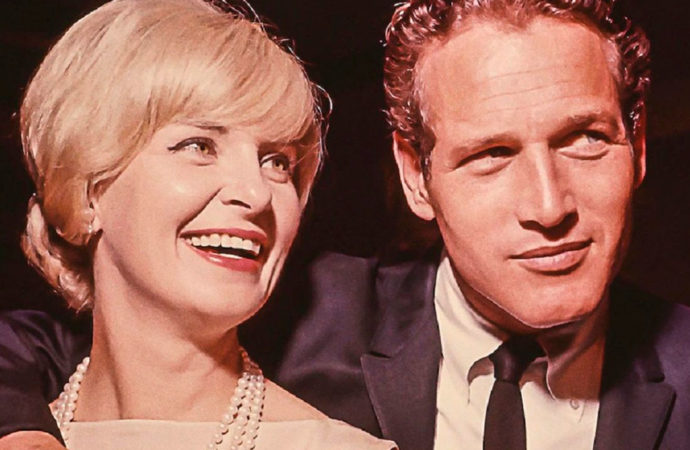
No one has posted any comments yet. Be the first person!